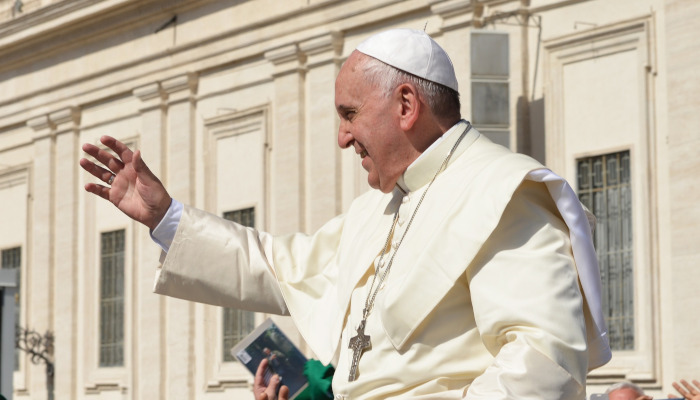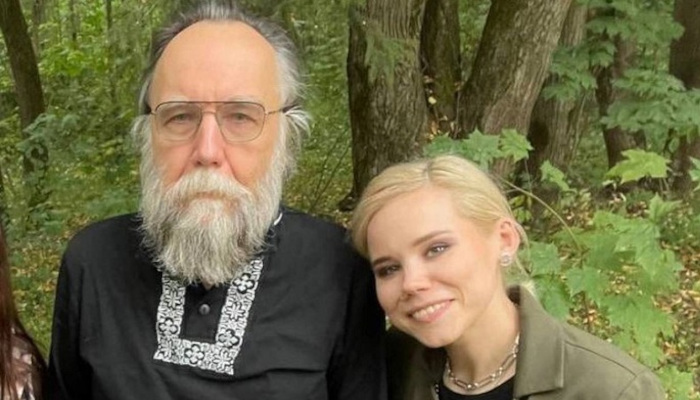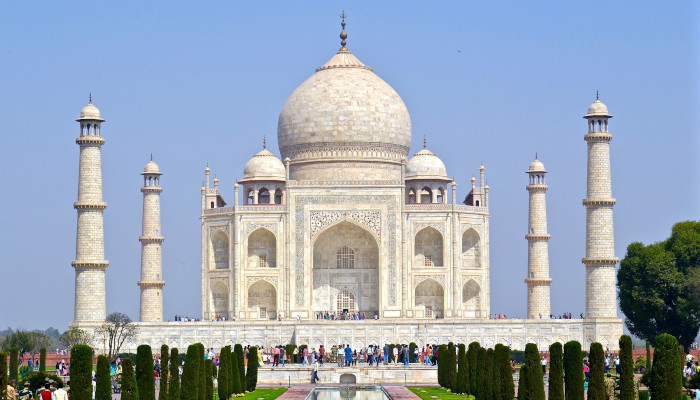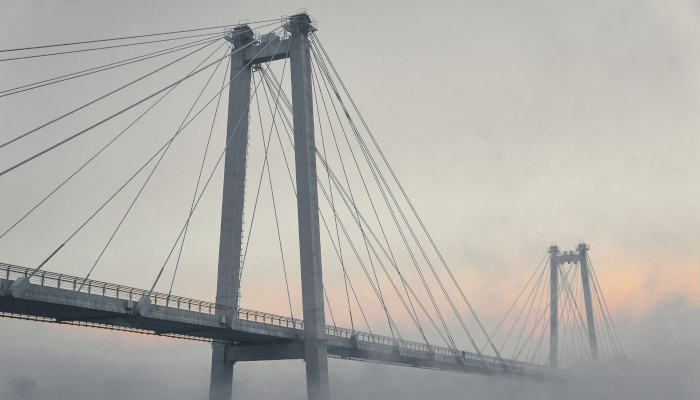
With great shame, kneeling down, with all my heart, I would like to offer another perspective to the Holy Father on the extremely delicate matter of the Ukrainian war and of Ukraine’s negotiations, or even possible “surrender,” to Russian President Vladimir Putin.
Putin is in a gridlock. He started the war at the end of February 2022, promising to end it in two weeks. Yet after two years, the war spread almost worldwide, indirectly involving Iran and North Korea.
Not only has Ukraine not been subdued and NATO broken, as Putin hoped, but today, Ukraine has a stronger army and feel of national identity than in 2022, and NATO has acquired two new members. Plus, he lost over 400 thousand lives in the process and wrecked Russian society and economy. At this moment, Putin has politically lost.
Any negotiation now that would freeze the situation would etch his massive political defeat in history. He and his family would suffer the consequences. Therefore, the impression is that Putin has no genuine interest in negotiating, at least not until the end of the American elections when Donald Trump could become president. If he can’t win the “traditional war,” he is apparently trying to pursue a hybrid war.
So far, Putin has acted based on political calculations of opportunity and advantage; it doesn’t appear he has changed his modus operandi. With Trump in the White House, Putin could make a deal or capitalize on the initial confusion of the new administration.
Until then, Putin is interested in escalating the confusion. Thus, in the meantime, even if Ukraine surrendered, he would raise tensions on Transnistria in Moldova, on the Kaliningrad Corridor with Poland, or the Baltic states. He must maintain a high tension that mirrors the American elections, agitating and poisoning the atmosphere, possibly aiding Trump’s reelection. In any case, a greater tension would raise his bargaining chips if Joseph Biden were reelected.
Moreover, Putin is driven to keep China on edge, preventing or making it difficult for China to negotiate separately with the USA. In the past year, Putin has possibly used the ongoing semi-secret negotiations with Russia to extract concessions and benefits from China, perhaps saying to Beijing, “You see what America offers me to align with them against you? You must give me more because I won’t change my stance.”
Russia has likely leveraged the Chinese concessions, portraying them as “gratuitous” due to Beijing’s eagerness to use Moscow as a blunt instrument against NATO to seek its haggling room.
There is nothing new here. It’s classic double-dealing, which, if not exposed, won’t end the war, but it’ll broaden it. It is already happening with Russia’s direct support for Iran, which in turn supports Hamas and the Houthis.
Furthermore, over the past year, Putin has been reindustrializing the country, reviving the entire military-industrial complex. Russia is preparing for a prolonged period of war.
With arms factories soon in full swing, there is an objective interest in utilizing or selling this production; otherwise, reindustrialization would be futile due to a misguided political choice. China is a significant player in this game, although there have been some signs of distancing attempts recently.
There, too, everyone is exercising caution, awaiting the American elections. Some Americans might have considered using Russia against China at some point, but the price demanded by Russia has perhaps increased daily. It leads not to a solution but to an overall increase in confusion.
Additionally, as long as the Chinese issue remains unresolved, Russia can constantly play both sides, pitting one against the other. If, however, a resolution were found between the USA and China, Russia’s room for maneuvering would diminish.
In this scenario, Russia is keen on maintaining its double-dealing policy for as long as possible, extracting advantages from one or the other as much as possible.
Therefore, Putin is interested in keeping negotiations ongoing to find a solution amenable to him and to sow discord and fuel confusion in Western public opinion. He is interested in stirring a dust cloud by any means necessary.
The Pope and the Holy See cannot cease their efforts for peace; however, they can only do so with full awareness of the situation, striving to be conscious, positive actors while avoiding becoming unwitting tools of any particular actor.
The reality is whether Ukraine surrenders or not, there will be no peace, at least until the end of the year. The adversaries aim to gain the most possible by that deadline.
If Ukraine surrenders today, Putin will step up his demands. Thus, genuine negotiations would take a miraculous imaginative effort or the grim wait until the end of November.
In my opinion, we must try to save Putin, to save Russia, certainly, but not at the cost of helping him to set the world on fire.
Finally, the call for surrender in abstract terms is fair and should be directed towards Hamas. Its leaders should raise their hands and surrender to the justified or unjustified force of Israel because, indeed, Hamas fighters cannot win a war against Israel.
However, there’s a different calculation than that of a traditional war, even for Hamas. Hamas holds two circles of hostages. The first circle consists of the Israelis kidnapped on October 7, and the second circle includes the same Palestinians being killed, used as human shields to stoke anti-Semitic hatred worldwide.
The calculation for Hamas is also non-traditional but of hybrid warfare, fought on multiple fronts, where the most crucial aspect is not military but political information.
The message they aim to spread worldwide is that Israel is committing genocide against Gazan Palestinians. Therefore, Hamas’ goal is not to protect their families but to have as many kills as possible to bolster this narrative.
Surrendering would prompt Israel to cease fire, proving there is no genocide intention against Palestinians. Therefore, Hamas has no interest in surrendering to protect their people. On the contrary, their goal is the opposite.
One can debate whether Israel’s strategy against Hamas is the most suitable, as it ends up fueling Hamas’ narrative. Still, what should Israel do instead to avoid falling into Hamas’ propaganda trap is a separate discussion altogether.
The Church’s paramount role in pursuing peace is imperative at all costs. This underlines the Church’s age-old advice that the shrewdness of the serpent is a necessary tool for the innocence of the dove.
Italian version: Pace per il serpente colomba, una preghiera al papa – SettimanaNews









